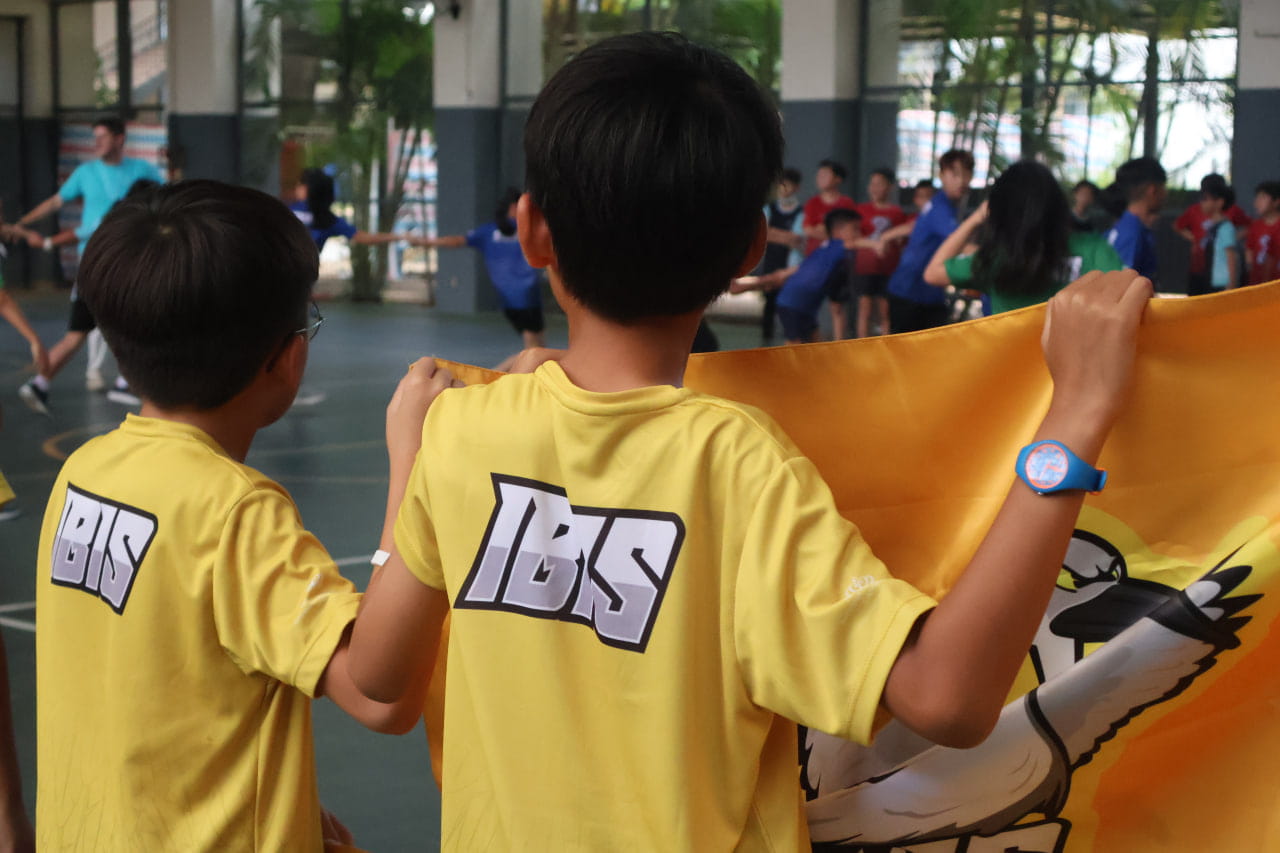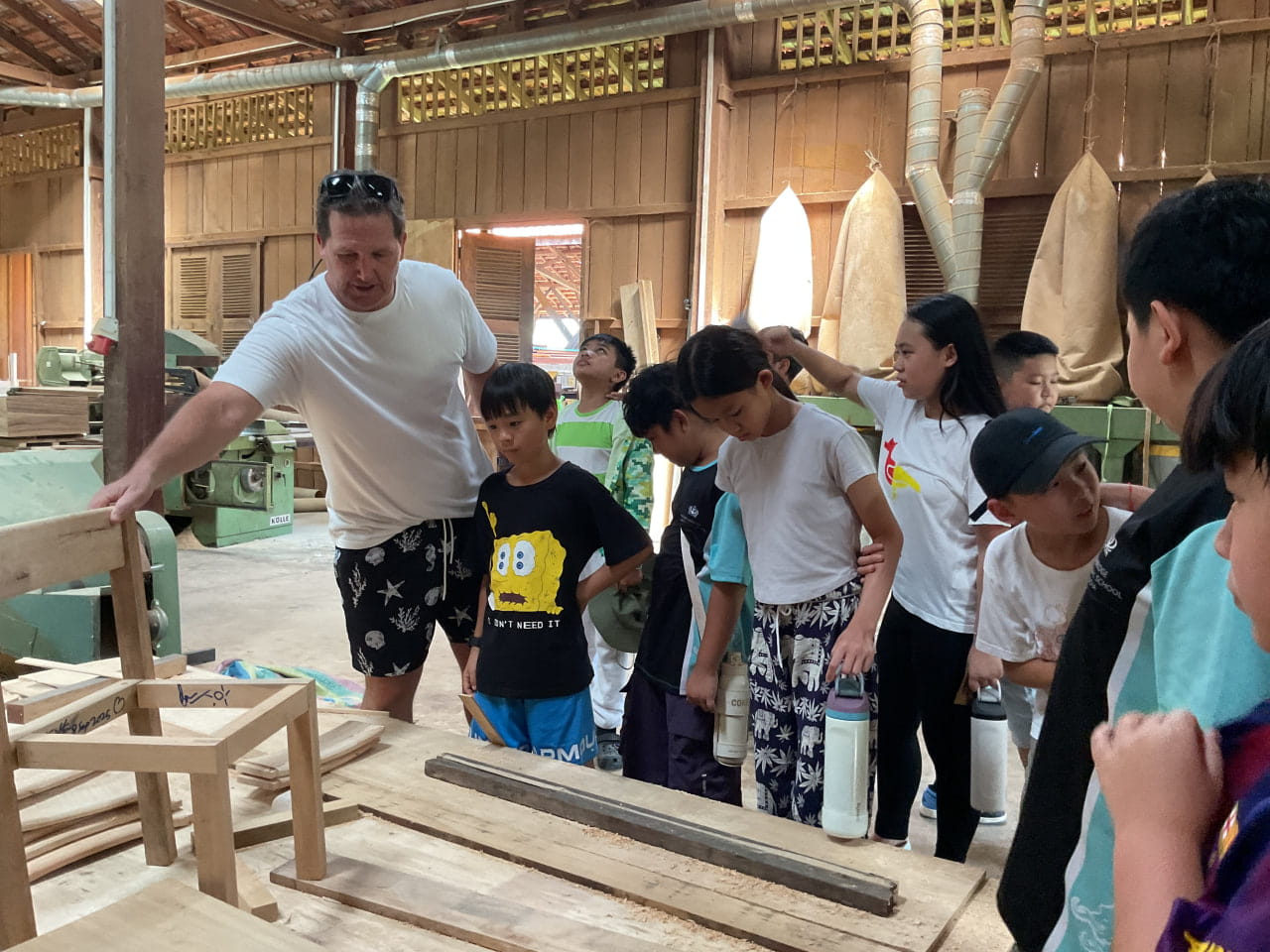Each house competes to earn merits through positive behavior, academic achievements, and participation in various activities. This system encourages students to strive for excellence and fosters a healthy competitive spirit.
At Northbridge, we have adopted four animals culturally relevant to Cambodia to be our houses. They are Cobras, Stingrays, Ibis and Elephants. Every Friday, our Primary school is adorned with houses and the four colours of the houses and we host mini house competitions during lunch break.

At our school, we use merits as a way of gaining house points and these promote our school values of caring hearts and ambitious minds. Merits serve as tangible rewards for students' efforts, reinforcing positive behaviors and motivating them to improve continuously. When students see their contributions directly impacting their house's success, they are more likely to engage actively in school activities, show respect for their peers and teachers, and take responsibility for their actions. This not only promotes individual growth but also builds a supportive and collaborative school culture.
Moreover, the house system teaches important life skills such as leadership, cooperation, and resilience. Older students often take on mentorship roles within their houses, guiding and supporting younger peers, which enhances their leadership abilities. The system also provides students with regular opportunities to celebrate successes, learn from setbacks, and understand the value of working together toward a common goal, all of which are crucial for their overall development.
Leadership roles such as House captains (in Grade 5) and Vice Captains (in Grade 3 and Grade 4) ensure that we have students that learn to lead and support others, for the betterment of the community.













